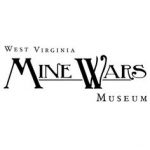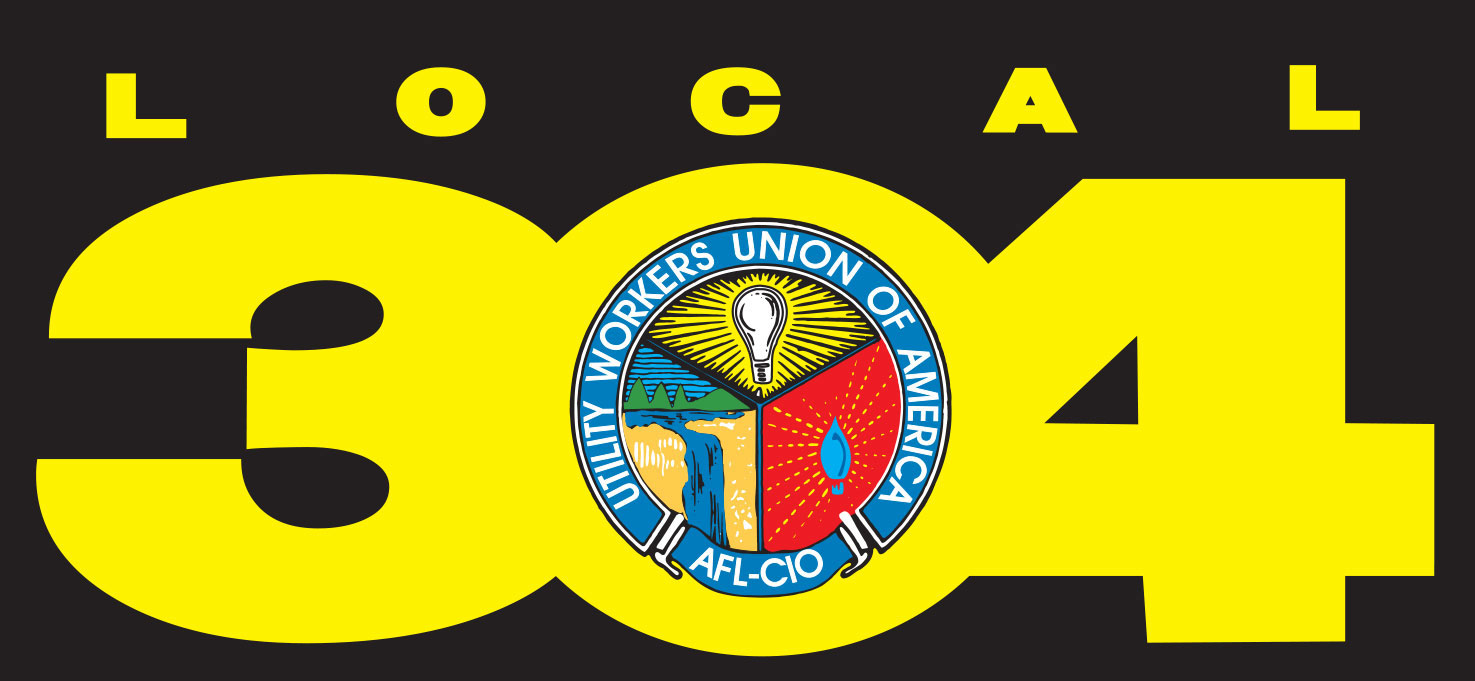
Some may wonder why 304 would elect to have so many articles about the past on our website. The answer is that most people are ignorant (meaning uninformed, NOT stupid) about our labor history, not having been exposed to it in school or at home. This has left a gap in the public consciencesness of the many complex and unexplained ways social and political attitudes and trends can affect working people in real time.
Regardless of who you voted for, it’s undeniable that the 2016 election will go down as one of the most controversial in American history. So many allegations among so many unpopular candidates left us with an electorate and country with deep philosophical and social differences.
Media bias was one charge leveled by both campaigns against the other periodically throughout the race. The media took a beating, even literally, in trying to cover and convey each candidate’s platform.
Freedom of the Press is one of the most fundamental rights that our founding fathers agreed was important in making us a just and moral society. Over the years, this right has taken everything from potshots to downright sieges in one party or the other attempting to muzzle the opposition.
One successful suppression of opposition happened in Huntington, WV, on May 9th, 1912. A newspaper office was raided by militiamen, on the orders of then West Virginia Governor Henry Hatfield. Under the direction of Major Tom Davis, U.S. Troops laid waist to the printing company’s presses, typesettings, as well as any printed material already produced by the printer.
The staff of the printing company were placed under arrest, then the Sherriff was ordered to turn his prisoners over to the military, who were then hauled to jail in Charleston. They were held without due process of law, and never charged.
The miltary then proceeded to Editor-in- Chief Wyatt Henry Thompson’s private residence and, over the objections of the his wife and even the Sheriff, proceeded to ramsack the home and remove many private letters and correspondence without any type of search warrants or writs.
You would think something like this would be unthinkable in a Democratic society based on law and justice.
The business the printing company was engaged in was printing a pro-labor, pro-union newspaper, and also serving the printing needs of the local unions that were trying to organize in the area.
The bottom line is; while many politicians try to incite fear and ignite rage in the voting public, the only times that the rights of Americans have been directly attacked has been during times of labor and racial strife. This is why we, as union members, must realize that LABOR RIGHTS ARE CIVIL RIGHTS.
Rifles are still occasionally found buried in the soil of southern West Virginia, left by the miners who dared to march against the corrupt Sheriff of Logan County, Don Chafin, during the Battle of Blair Mountain. They left their rifles buried in the forest because they knew that the militia, who were called out by the governor, but, like the good Sheriff, were working with the forces of the coal operators and would immediately confiscate the weapons as soon as they walked off the mountain (so much for the 2nd Amendment).
 Truth is, our country’s sacred and much heralded Constitution was as much help to workers of the early 20th century, as a suitcase would be to a gorilla. Illegal arrests, kangaroo military courts, and even murder of men, women, and children were the norm for coal field families of West Virginia. Ruthless coal operators evicted families with small children out of their barely habitable homes and into the wilderness to die of starvation, disease, and exposure in tents pitched at the back of the hollows.
Truth is, our country’s sacred and much heralded Constitution was as much help to workers of the early 20th century, as a suitcase would be to a gorilla. Illegal arrests, kangaroo military courts, and even murder of men, women, and children were the norm for coal field families of West Virginia. Ruthless coal operators evicted families with small children out of their barely habitable homes and into the wilderness to die of starvation, disease, and exposure in tents pitched at the back of the hollows.
As if life hadn’t been hard enough, the coal barons did everything they could to make it even harder on the workers who dared to try and improve the miserable state of a hopeless way of life that seemed to consume the health and lives of all who toiled deep in the mines.
 Evidence that survived that period is on display for all to see at the West Virginia Mine Wars Museum, appropriately located in Matewan, WV. On display are the simple items used by mining families in the early 1900’s, like razors, and examples of the tents that many were forced to live in, plus a collection of coal company scrip (only redeemable at the company store), as well as many of the firearms from the period of the Mine Wars. Springfield rifles, chambered in either 30-40 Krag or 30-06 Springfield, as well as .45 caliber “Tommy” guns made famous by gangsters, and early Winchester lever action rifles that the coal companies bought in bulk to support the armies they created to oppress the miners. You can read the actual newspapers that celebrated the “Miners Hero”, Sid Hatfield. It was “Smiling Sid” who faced down the hated Baldwin-Felts agents in what would come to be known as the Matewan Massacre, only to be ultimately gunned down on the steps of the McDowell County Courthouse in Welch a year later by Baldwin-Felts agents (none of whom were ever arrested or charged).
Evidence that survived that period is on display for all to see at the West Virginia Mine Wars Museum, appropriately located in Matewan, WV. On display are the simple items used by mining families in the early 1900’s, like razors, and examples of the tents that many were forced to live in, plus a collection of coal company scrip (only redeemable at the company store), as well as many of the firearms from the period of the Mine Wars. Springfield rifles, chambered in either 30-40 Krag or 30-06 Springfield, as well as .45 caliber “Tommy” guns made famous by gangsters, and early Winchester lever action rifles that the coal companies bought in bulk to support the armies they created to oppress the miners. You can read the actual newspapers that celebrated the “Miners Hero”, Sid Hatfield. It was “Smiling Sid” who faced down the hated Baldwin-Felts agents in what would come to be known as the Matewan Massacre, only to be ultimately gunned down on the steps of the McDowell County Courthouse in Welch a year later by Baldwin-Felts agents (none of whom were ever arrested or charged).
If you are lucky enough to be in a union, the you owe it to yourself and your family to BE ACTIVE, and act in SOLIDARITY with your union Brothers and Sisters. When you hear a union officer saying that people fought and died for YOUR right to collectively bargain, they aren’t kidding.
Don’t believe all the bad press that claim unions to be outdated and dying.
Remember who owns the press.
Keep the faith in your union and each other. Don’t let the “charm campaign” of company owned stooges, or divide and conquer tactics employed by rich business moguls trying to pump up huge and unearned executive compensation or prop up sagging stock prices by cheating workers dissuade you in standing with those who toil daily right beside you.
As always, don’t just take OUR word for it, click on the links highlighted above to read for yourself
